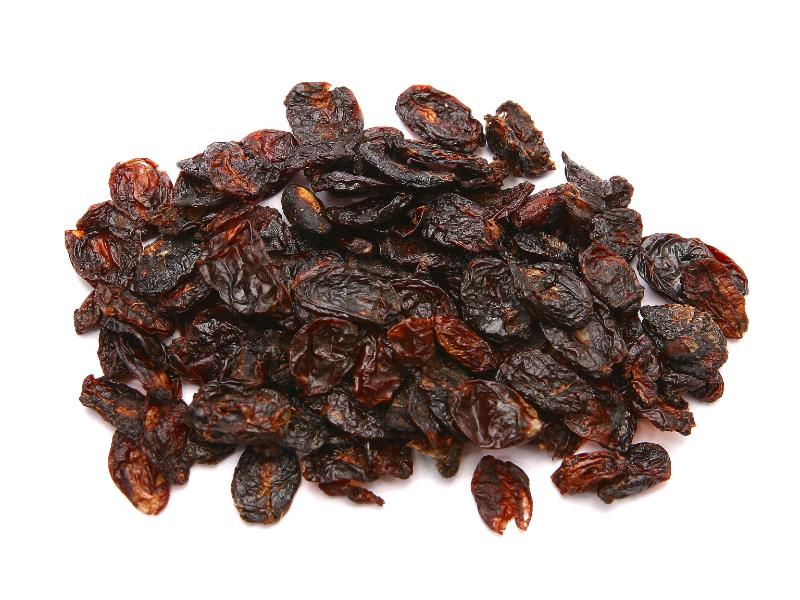Search in medicinals
Corni Fructus
Cornus [fruit]
山茱萸 〔山茱萸〕 shān zhū yú

Alternate English names: Asiatic cornelian cherry [fruit] Japanese dogwood fruit
Alternate Chinese names: 蜀枣 shǔ zǎo; 鼠矢 shǔ shǐ; 鸡足 jī zú; 实枣儿 shí zǎo ér; 药枣 yào zǎo; 山萸肉 shān yú ròu; 肉枣 ròu zǎo; 萸肉 yú ròu; 枣皮 zǎo pí
Kingdom: Plant
Origin in PRC Pharmacopoeia: Cornus officinalis Sieb. et Zucc. (PRC Pharmacopoeia)
Origin in unofficial sources: Cornus officinalis Sieb. et Zucc.*
Use: Medicinal
Category: Astringing agents / Intestine-astringing diarrhea-checking agents
Properties: Sour, astringent; slightly warm.
Channel entry: Liver and kidney channels.
Actions and indications:
- Supplements the liver and kidney: Impotence, dizziness, and limp aching lumbus and knees, due to liver and kidney depletion.
- Secures essence and reduces urination: Seminal emission; enuresis.
- Constrains sweating and stems desertion: Incessant great sweating; vacuity verging on desertion.
- Additional uses: Shān zhū yú is used to treat patterns of dispersion-thirst. For this purpose, combine it with Shēng dì huáng (生地黄 Rehmanniae Radix Exsiccata seu Recens, dried/fresh rehmannia [root]) and Tiān huā fěn (天花粉 Trichosanthis Radix, trichosanthes root).
Dosage and method: Oral: 5–10g in decoctions. To stem desertion, it may be used in doses of 20–30g.
Warnings: Unsuitable for use in the presence of damp-heat with rough dribbling urination.
Product description: The dried fruit is 1–1.6 cm long and has shrunken flesh and wrinkled glossy blackish or purplish red translucent skin through which the light-colored seed can be seen. At one end there is a small umbilicus. The flesh is soft and sticky.
Quality: Fat shiny red fruits with a strong sour taste and no bloom are the best.
Production area: Zhèjiāng, Hénán.
Etymology: The name shān zhū yú 山茱萸 literally means mountain zhū yú.
Compare wú zhū yú 吴茱萸. The commonly alternate names ròu zǎo 肉枣 , fleshy jujube,
and zǎo pí 枣皮, jujube skin,
derive from a vague likeness to the jujube.